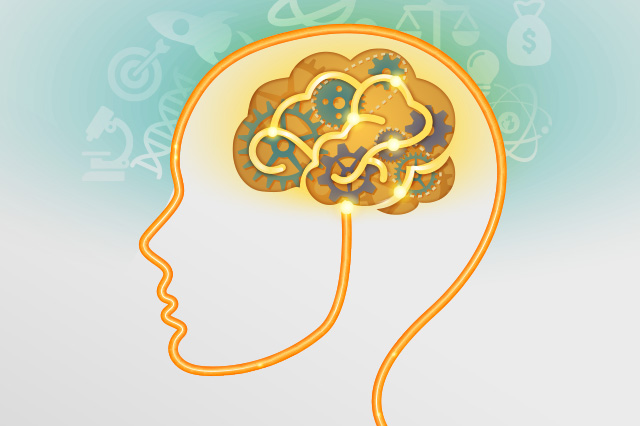While we would all like to believe that the fitness world is really doing great business, taking a close look at the number of failed fitness programs will give you a glimpse of the bitter truth.
Here’s the hard reality:
- About 33 percent of the world population is now overweight and this percentage is bound to increase
- Over 60 percent of the people who go to gyms cannot remain faithful to their fitness plan for more than three months
- Close to 92 percent people fail to keep up their fitness resolutions until the end of the year
These numbers may seem really disheartening to those wanting to begin a fitness schedule. But it also true that failed fitness programs alone are not completely responsible for a drop in fitness numbers. Now you are wondering what could be the reason?
Listed below are some of the most common reasons why fitness programs don’t work:
- The workout or diet plan was not good enough
- Your body can’t lose weight because genetics don’t support weight loss.
- You didn’t religiously follow your program, didn’t show consistency and altered it from time-to-time
- The program resulted only in failure
The fourth factor makes most people frustrated because they invested so much time in the fitness routine and didn’t get expected results.

However, research has a different answer! It points at a person’s lack of determination for changed behavior and a changed lifestyle altogether.
It is important to understand that the secret to a successful fitness plan does not lie in identifying the right workout regimen, the perfect exercise or in the number of calories burnt. It’s simple, it lies in your head!
Your success at fitness is defined by your ability to adopt a number of behavioral changes.
Unless you don’t really love exercise and eat good food, it’s difficult to mentally adapt to new fitness habits. And if you don’t use the right approach, your brain can literally prevent you from making some positive health changes that you want to incorporate desperately.
All this is linked to your own ‘Willpower’.

However, it is advisable that you don’t solely depend on your willpower as it can be faulty.
While willpower can be the sole reason for creating healthy habits, it can also be the reason why they fail after a point of time as people have less control on their behaviors.
The factors behind a failed willpower is attributed mainly to stress and anxiety, which can have devastating effects even on the strongest willpower. This makes it difficult for a person to stay persistent while developing new behaviors.
Hence it is your willpower that can be the biggest obstacle to achieve success when your taking on a new fitness plan.
To solve this, it is advisable that individuals build a defense system to sustain their willpower. For example, if you fail to make it to the gym on a regular basis, it would be best to engage a personal trainer and ask them to buzz you an hour before your session. This way you ensure that you do not fail to follow your fitness regimen even when your willpower breaks down.
Understanding the Science Behind Willpower

The truth about human willpower is that we have it in limited amounts. The prefrontal cortex, the area behind the forehead is the one that controls your willpower. This is the same part of the brain that helps you with your day-to-day tasks, which includes short-term memory, decoding some simple tasks and even staying focused.
Hence, the prefrontal cortex is constantly busy.
So, when you begin a new big behavior, it is similar to a big project being put at your desk and you are told to deal with it all alone.
The result is disastrous. Desired actions can be hard to practice immediately. It’s a strain on your brain and forces you to go back to old habits or other undesirable behaviors.
The more space you’re taking up in the prefrontal cortex, the harder it is to make certain decisions. That’s why you need to train and prepare yourself accordingly to display enough willpower to take on new tasks.
For the same reason, resolutions are an imperfect concept. If you’re trying to introduce more than one or two behavior changes at one time, then you’re not likely to succeed.
Instead of taking too many new tasks at a time, it’s best to focus on one big effort and then break that down into habits.
So, instead of resorting to losing 10 pounds all at once, it’s best to adopt small steps that will make this big goal achievable.
Hence, it is established that willpower is the most overburdened element in your brain. It is highly important to reduce its burden by breaking its load into smaller tasks. Then you will see how your habits change for good.
So, the next time you start a fitness routine, you know what to do to keep the process running for a longer time and achieving the desired results.
Watch out for our next blog on factors to build your willpower.

